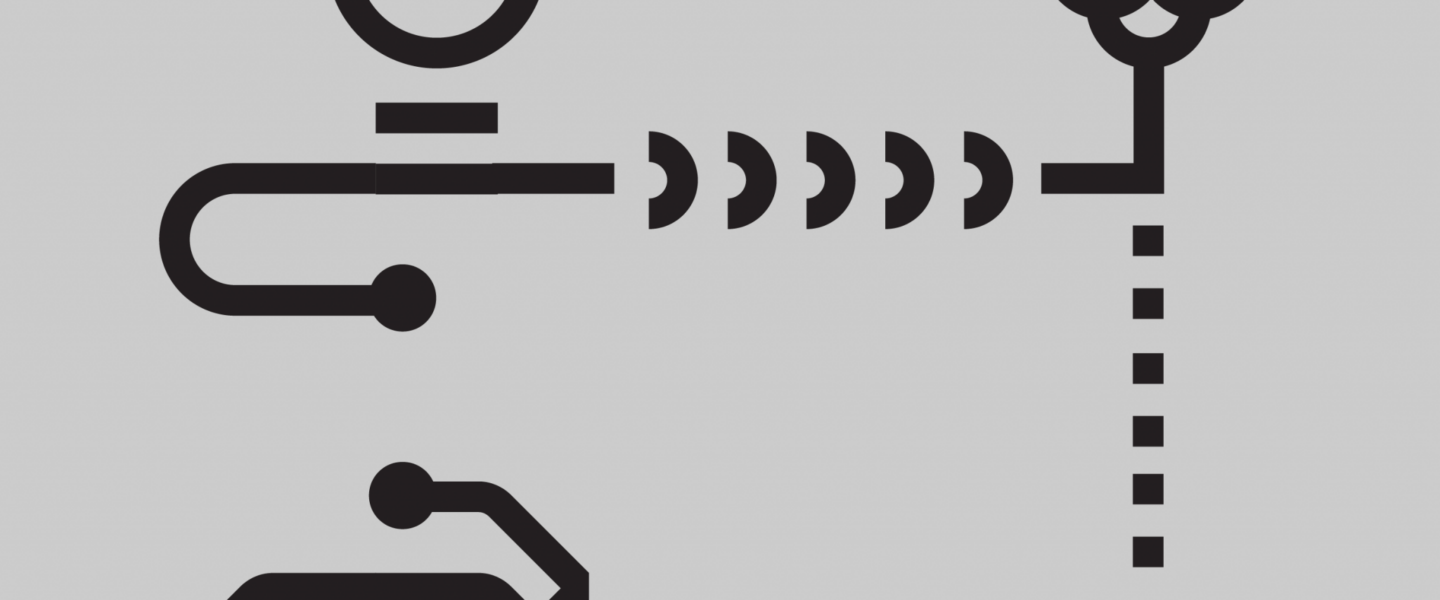
The Research and Development Department of EKA, in collaboration with the Tallinn Strategy Center, organizes an annual Applied Research and Development Competition. The goal is to encourage university members to increasingly apply the results of their educational and research work in the business, public, and non-profit sectors, as well as to inform the public about the application of the university’s expertise in business and society more broadly.
This year, 20 submissions were received for the competition, and the jury awarded 4 equal prizes.
The judging committee consisted of: Björn Koop (Visiting Professor at EKA, Head of the Product Design Department), Toomas Tammis (Professor at the EKA Faculty of Architecture), Karen Jagodin (Director of the Estonian Museum of Architecture), and Pille Epner (Senior Specialist at EKA’s Research and Development Department).
Mariann Hendrikson and Helen Bender’s project “State Budget Dashboard 2.0 – State budget visualization tool” (Tallinn will recognize the prize winners at the announcement of “Tallinn Entrepreneurship Awards 2024” on October 2.) (€900).
Justification: Explaining complex and intertwined systems in a visually simple language with relatively little time investment is one of the most important tools for engaging and connecting members of a modern democratic society. This is where the strength and value of design lies—making complex systems understandable and usable for people. Their work on the state budget is an excellent example in this regard.
Helin Kuldkepp’s Master’s Thesis “Municipal Strategy in Urban Regeneration: Emphasizing the Importance of Municipal land and the capitalization of land value in spatial planning, in the example of Lasnamäe” (€900).
Justification: The work highlights the city’s, as a landowner, somewhat dormant capability to direct and initiate developments in the living environment. This is particularly relevant in panel housing districts, where the city owns relatively large areas of land between apartment buildings. It also prompts thoughts on the city’s acquisition of additional land in other areas to be an equal, and ideally, a guiding partner alongside private capital in future developments.
Kateriin Ambrozevits’ Master’s Thesis “Soviet-era Interior Paints and Their Removal from Plaster Surfaces” (€900).
Justification: In addition to exploring delicate methods for removing Soviet-era layers of paint, the thesis raises the question of their potential value. Alongside technical nuances, it also addresses broader questions about understanding and valuing the environments created during that period.
Lisandra Türkson’s Master’s Thesis “The Metabolic Cycle of Materials and its Perception: A Case Study of Rivatex East Africa Limited Textile Factory” (€900).
Justification: The key merit of the work lies in addressing textile waste right where it is generated the most—in developing countries, which are often seen as convenient ways to distance larger problems. At the same time, the work’s systemic approach and clarity could serve as a model for local waste management in Estonia.
Previous years’ winning works can be viewed here.
Congratulations to the winners, and a big thank you to all participants!
